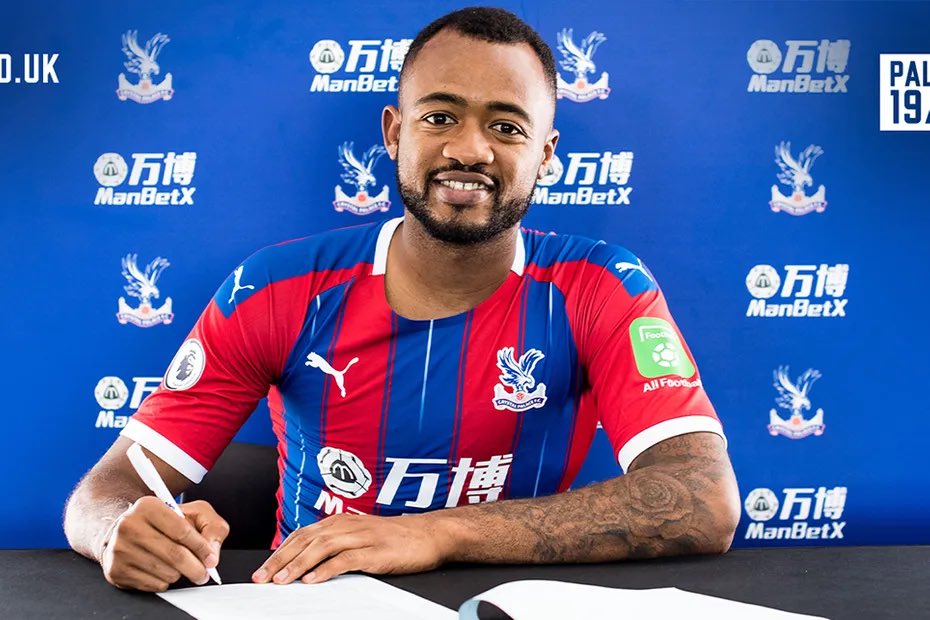Jordan Ayew, the forward for Crystal Palace, ended his three-year contract due to several factors that are commonly seen in professional football. These include performance considerations, team strategy changes, financial implications, and personal reasons.
Performance and Contribution: A player’s performance on the pitch is a critical factor in contract decisions. If Ayew’s performance did not meet the club’s expectations, it might have influenced the decision to end his contract. While Ayew has had moments of brilliance, consistency is key in the Premier League, and any dip in form could lead to contract reevaluation.
Team Strategy and Squad Rotation: Crystal Palace, like other clubs, constantly adjusts its squad to align with the manager’s tactical vision. Changes in the team’s strategy under new management or evolving tactical approaches could lead to different player requirements. If Ayew did not fit into the new tactical plans or if the team decided to bring in new talent that better suited their needs, it could result in his contract ending.
Financial Considerations: Player wages and transfer fees are significant factors in football. By ending Ayew’s contract, Crystal Palace could free up salary space to invest in new signings or renew contracts of other key players. Financial prudence is crucial for clubs, especially those not in the top tier of wealth, like Crystal Palace. If Ayew’s wages were considered high relative to his contribution, it would be a financial decision to let him go.
Personal Reasons and Mutual Agreement: Sometimes, the decision to end a contract is mutual. Ayew might have personal reasons for wanting to leave, such as seeking more playing time, moving to a different league, or personal circumstances. If both Ayew and Crystal Palace agreed that parting ways was in their best interests, they would negotiate an early termination of the contract.
Market Opportunities: The football transfer market is dynamic, and opportunities arise that can prompt early contract termination. Ayew might have attracted interest from other clubs, leading to a transfer that benefited both him and Crystal Palace. The club might have seen an opportunity to sell him and reinvest the proceeds into the squad.
In conclusion, Jordan Ayew’s early contract termination with Crystal Palace likely resulted from a mix of performance and contribution evaluations, changes in team strategy, financial considerations, personal reasons, and market opportunities. These factors highlight the multifaceted nature of contract decisions in professional football.

Leave a Reply